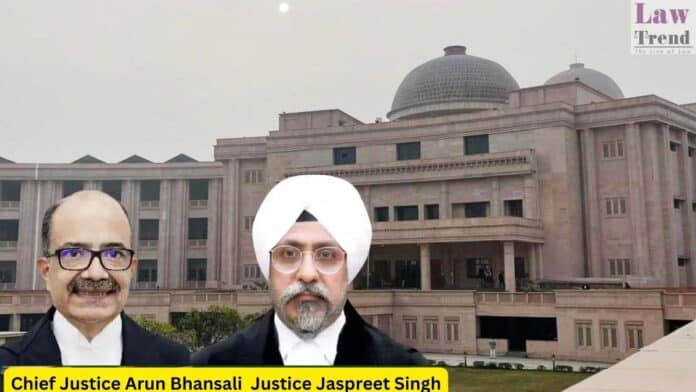In a significant ruling, the Allahabad High Court, Lucknow Bench, has quashed an earlier order by a single judge and upheld the termination of a government school teacher who secured employment using forged documents. The judgment, delivered on October 15, 2024, by Chief Justice Arun Bhansali and Justice Jaspreet Singh, reaffirms the principle that “fraud
To Read More Please Subscribe to VIP Membership for Unlimited Access to All the Articles, Download Available Copies of Judgments/Order, Acess to Central/State Bare Acts, Advertisement Free Content, Access to More than 4000 Legal Drafts( Readymade Editable Formats of Suits, Petitions, Writs, Legal Notices, Divorce Petitions, 138 Notices, Bail Applications etc.) in Hindi and English.




